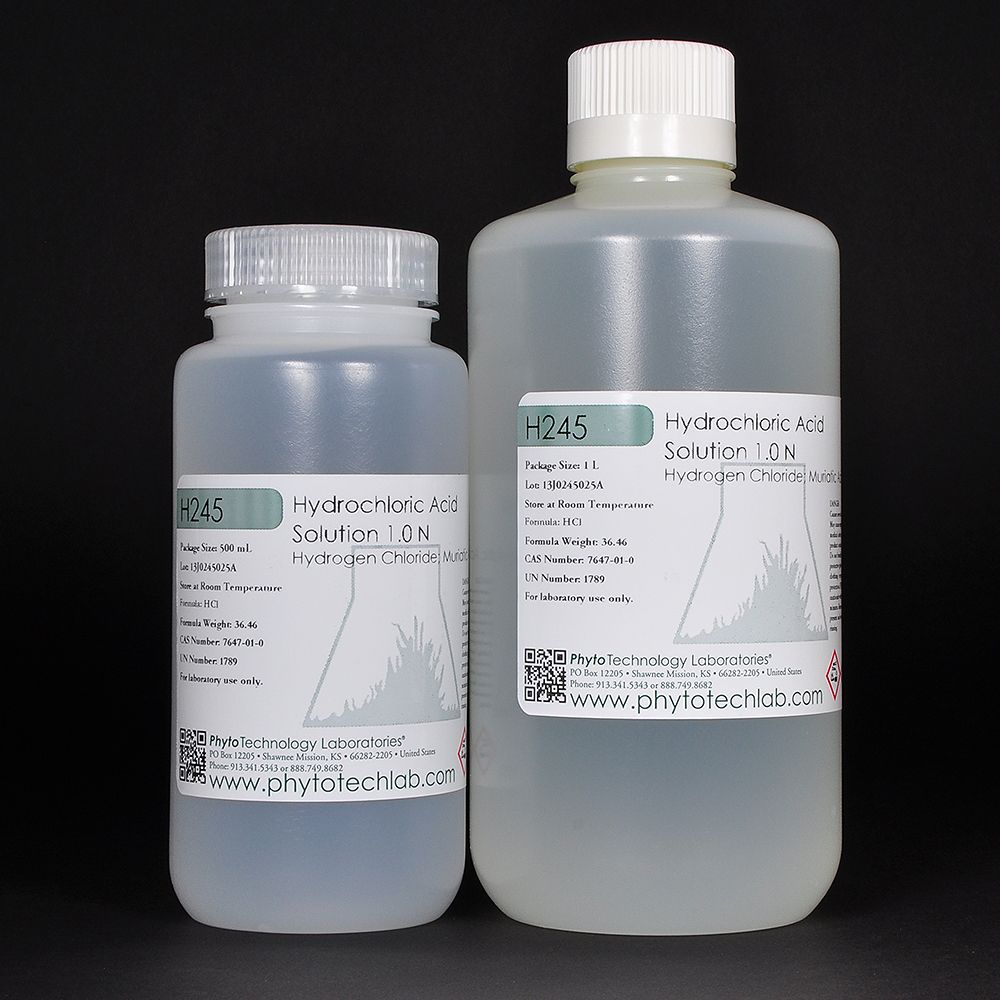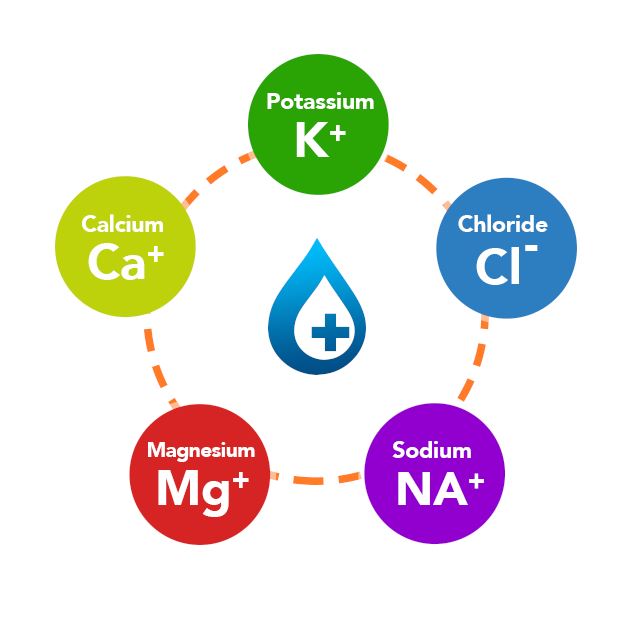Hydrogen chloride, also known as HCl, is a colorless gas with a pungent odor. It is a highly corrosive and reactive gas that is commonly used in the production of a wide range of chemicals, including PVC and other plastics. HCl is a non-electrolyte in its pure form, but it becomes an electrolyte when it is dissolved in water.
Electrolytes are substances that conduct electricity when they are dissolved in water or melted. They are made up of ions, which are electrically charged particles. When an electrolyte dissolves in water, it dissociates into its constituent ions, which are then free to move around and conduct electricity.
When HCl is dissolved in water, it dissociates into H+ and Cl- ions. These ions can move around in the solution and conduct electricity, making HCl an electrolyte. HCl is a strong acid, which means that it dissociates amost completely in water, producing a high concentration of ions. This makes it a strong electrolyte.
In contrast, weak acids like acetic acid (CH3COOH) and weak bases like ammonia (NH3) are only partially dissociated in water, producing a lower concentration of ions. This makes them weak electrolytes.
Strong electrolytes like HCl, H2SO4, and NaOH dissociate completely in water, producing a high concentration of ions. They are excellent conductors of electricity and are commonly used in batteries and electrochemical cells.
HCl is an electrolyte when it is dissolved in water. It dissociates into H+ and Cl- ions, which conduct electricity in the solution. As a strong acid, HCl is a strong electrolyte that dissociates almost completely in water, producing a high concentration of ions.
Why HCl Is Not an Electrolyte
Hydrogen chloride (HCl) is a gas that is a non-electrolyte in its pure form. This means that it does not conduct electricity when it is not dissolved in water. In order for HCl to becme an electrolyte, it needs to be dissolved in water, where it becomes an acid.
The reason why HCl is not an electrolyte in its pure form is that it does not have any ions. An electrolyte is a substance that conducts electricity when it is dissolved in water because it has positively and negatively charged ions that are free to move. These ions are responsible for carrying the electrical charge through the solution.
When HCl is dissolved in water, it reacts with the water molecules to form hydronium ions (H3O+) and chloride ions (Cl-). These ions are free to move and can conduct electricity, making HCl an electrolyte solution.
HCl gas is not an electrolyte because it does not have any ions to carry the electrical charge. However, when HCl is dissolved in water, it becomes an electrolyte solution because it forms ions that are free to move and conduct electricity.

Is Hydrochloric Acid an Electrolyte or Nonelectrolyte?
Hydrochloric acid (HCl) is an inorganic acid that dissolves in water to form H+ and Cl- ions. The presence of these ions in the solution makes HCl an electrolyte.
An electrolyte is a substance that conducts electricity when dissolved in a solution because it dissociates into ions. In the case of HCl, it dissociates completely into ions, which allows it to conduct electricity.
On the other hand, a nonelectrolyte is a substance that does not dissociate into ions when dissolved in a solution. Examples of nonelectrolytes include sugar, alcohol, and urea.
It is important to note that the strength of the electrolyte depends on the degree of ionization. Strong electrolytes dissociate completely into ions, while weak electrolytes dissociate only partially.
HCl is considered an electrolyte due to its ability to dissociate into ions when dissolved in water. This property makes it an important substance in vaious industrial processes and laboratory experiments.
Are HCl and H2SO4 Electrolytes?
HCl and H2SO4 are electrolytes. Specifically, they are strong acids, which means they completely dissociate in water to form ions. In the case of HCl, it dissociates into H+ and Cl- ions, whle H2SO4 dissociates into 2 H+ and SO4 2- ions. This makes them excellent conductors of electricity when dissolved in water.
Electrolytes can be divided into two categories: strong and weak. A strong electrolyte completely breaks apart into ions when dissolved in water, while a weak electrolyte only partially dissociates. HCl and H2SO4 are examples of strong electrolytes.
It’s important to note that not all acids and bases are electrolytes. Weak acids and bases, such as acetic acid (CH3COOH) and ammonia (NH3), are not strong conductors of electricity because they do not fully dissociate into ions in water.
HCl and H2SO4 are strong electrolytes because they completely dissociate into ions when dissolved in water, making them excellent conductors of electricity.
The Strength of HCl and NaCl as Electrolytes
HCl and NaCl are both categorized as strong electrolytes. When dissolved in water, both HCl and NaCl completely dissociate into their respective ions, meaning they break apart completely into their constituent parts. In the case of HCl, it dissociates into hydrogen ions (H+) and chloride ions (Cl-), whie NaCl dissociates into sodium ions (Na+) and chloride ions (Cl-).
The complete dissociation of these compounds in water makes them strong electrolytes. This means that they are excellent conductors of electricity in solution because they provide a high concentration of ions for the electric current to flow through.
It is important to note that not all compounds behave as strong electrolytes. Some compounds, known as weak electrolytes, partially dissociate in water and only a fraction of the molecules break apart into ions. This results in a lower concentration of ions in solution, which means they are not as effective at conducting electricity as strong electrolytes.
Both HCl and NaCl are considered strong electrolytes due to their complete dissociation in water, which provides a high concentration of ions in solution, making them excellent conductors of electricity.

Conclusion
Hydrogen chloride gas in its pure form is a non-electrolyte. However, once it’s dissolved in water, it becomes an electrolyte as it dissociates into H+ and Cl− ions in the aqueous solution. This presence of ions in the solution enables the conduction of electricity, making HCl a strong electrolyte. It’s important to note that strong acids and bases, such as HCl and NaOH, are strong electrolytes as they completely dissociate into ions in solution. Therefore, wether HCl is an electrolyte or not depends on its state – as a gas, it’s a non-electrolyte, but once dissolved in water, it becomes a strong electrolyte.
